Benzene has six π electrons delocalized in sex p-orbitals that overlap above and below the plane of the ring. These loosely held π electrons make the benzene ring e− rich and so it reacts with electrophiles. Benzene follows huckel's rule so it is specially stable. Reactions that keep the aromatic ring intact are therefore favoured.
Which of the following will decrease the e− density from the ring in electrophilic aromatic substitution
A
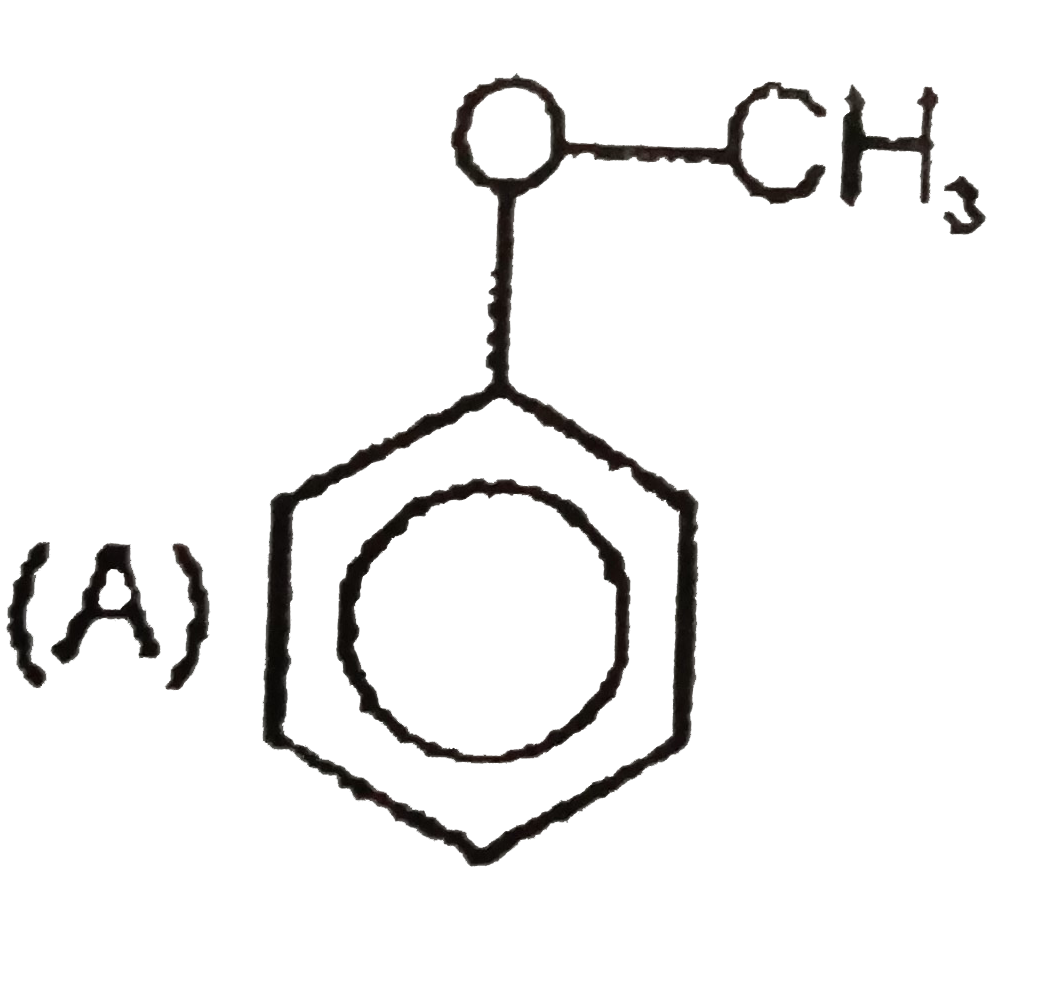
B
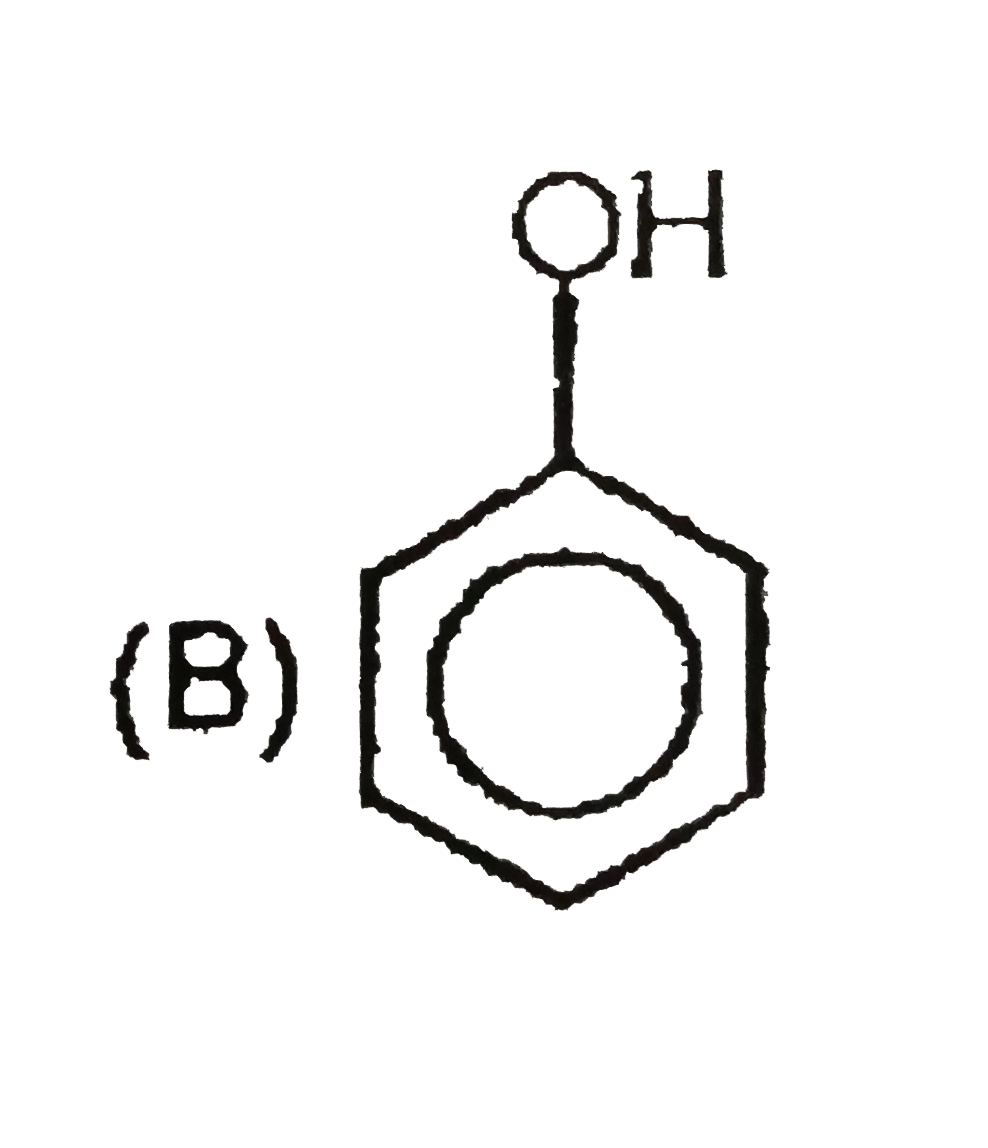
C
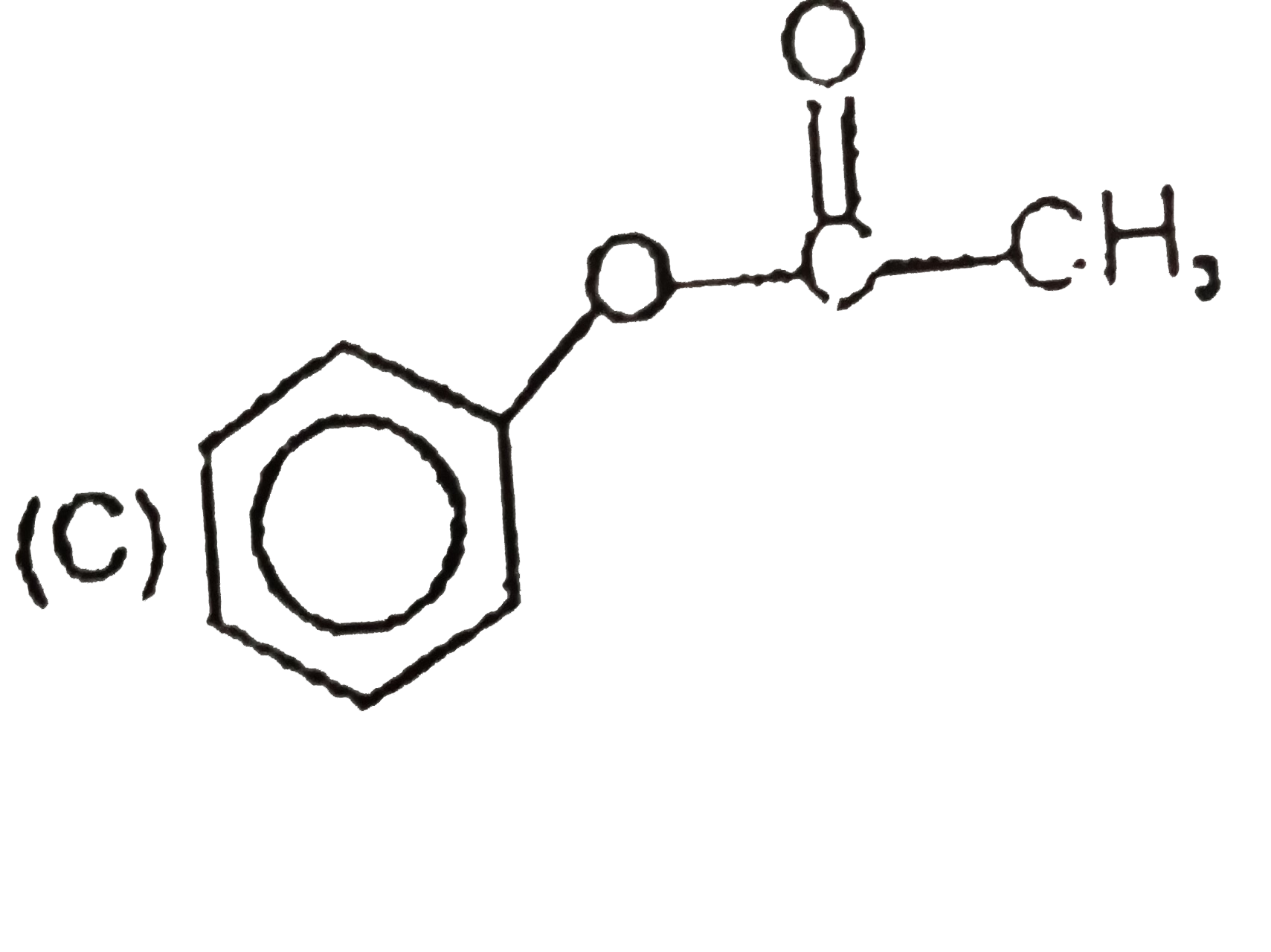
D
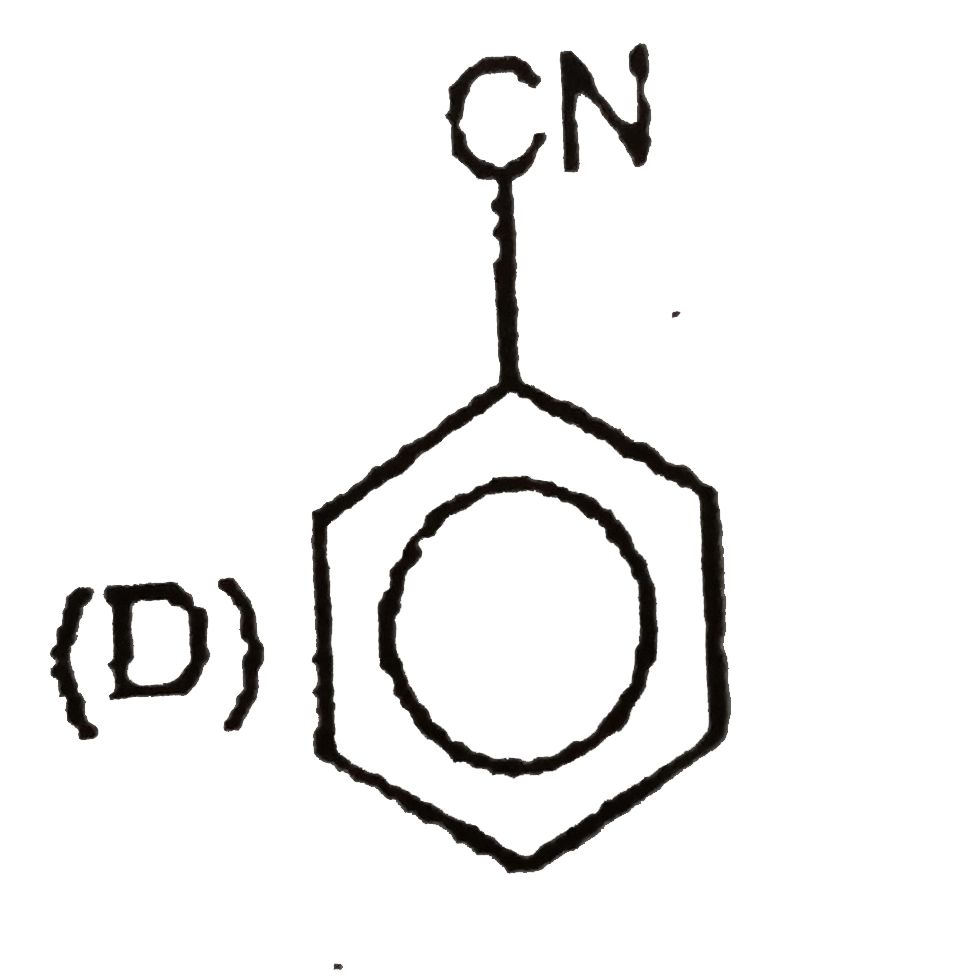
Text Solution
The correct Answer is:B
Kp=KC(RT)Δng=1=415×(0.0821×600)1=13.136≈13.14
|
Topper's Solved these Questions
Similar Questions
Knowledge Check
Benzene has six π electrons delocalized in sex p-orbitals that overlap above and below the plane of the ring. These loosely held π electrons make the benzene ring e− rich and so it reacts with electrophiles. Benzene follows huckel's rule so it is specially stable. Reactions that keep the aromatic ring intact are therefore favoured.
Which of the following is less reactive than benzene in electrophilic aromatic substitutionA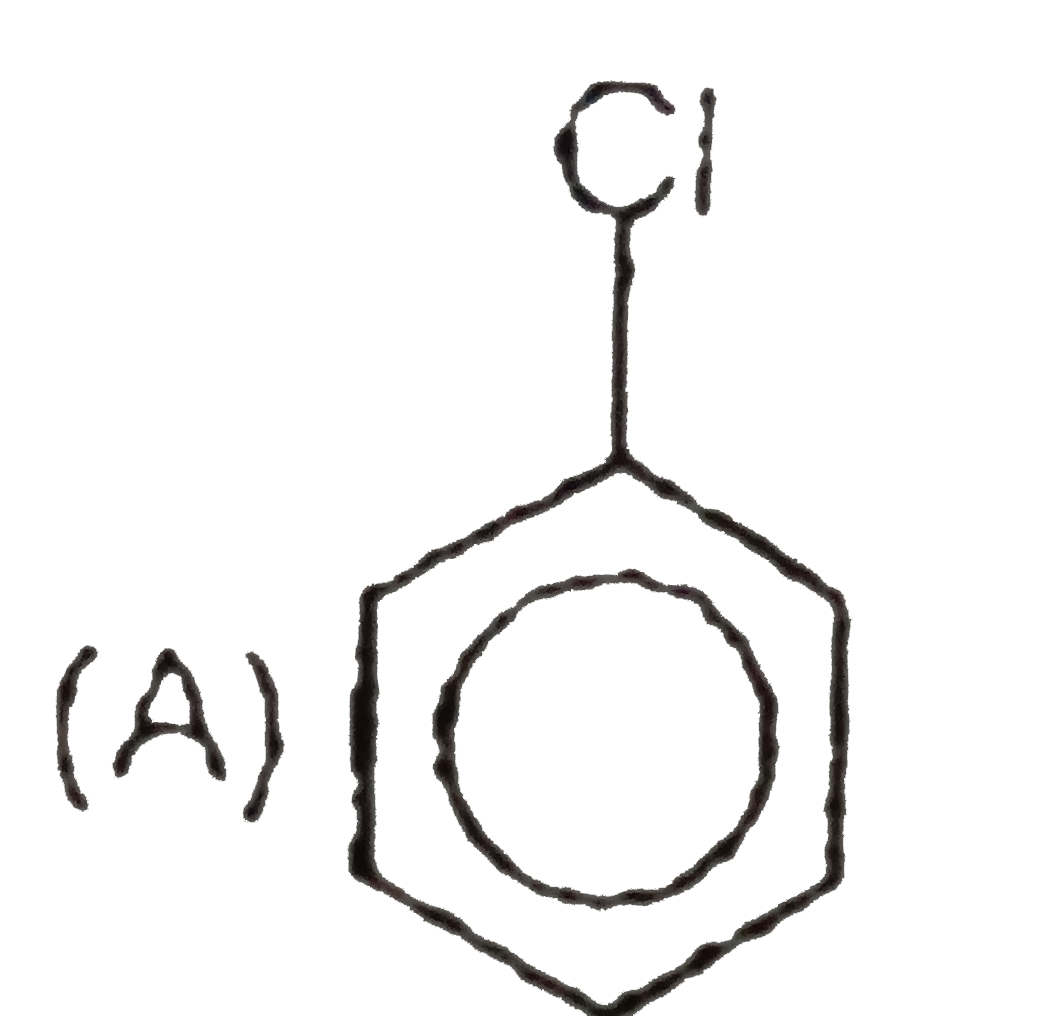 B
B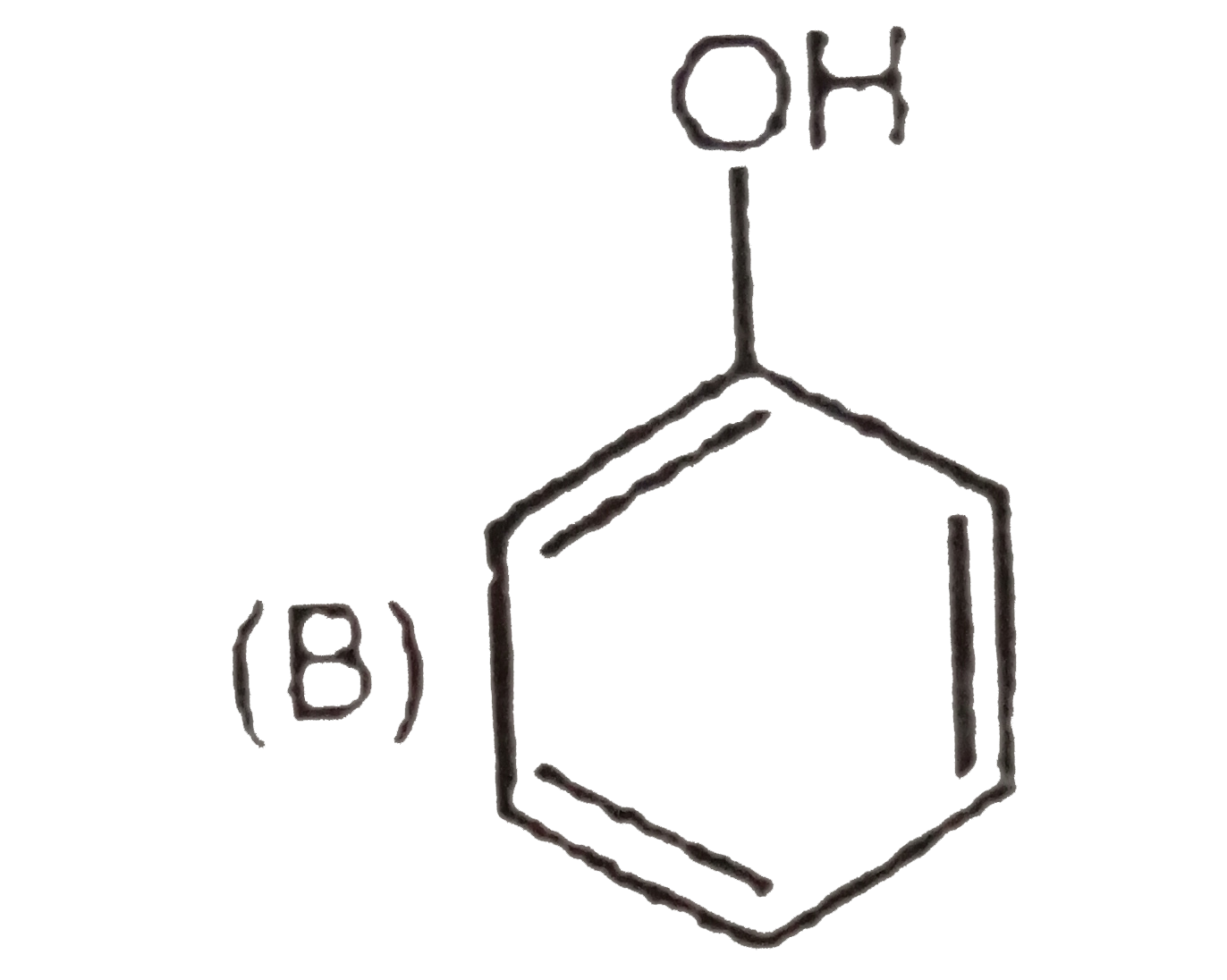 C
C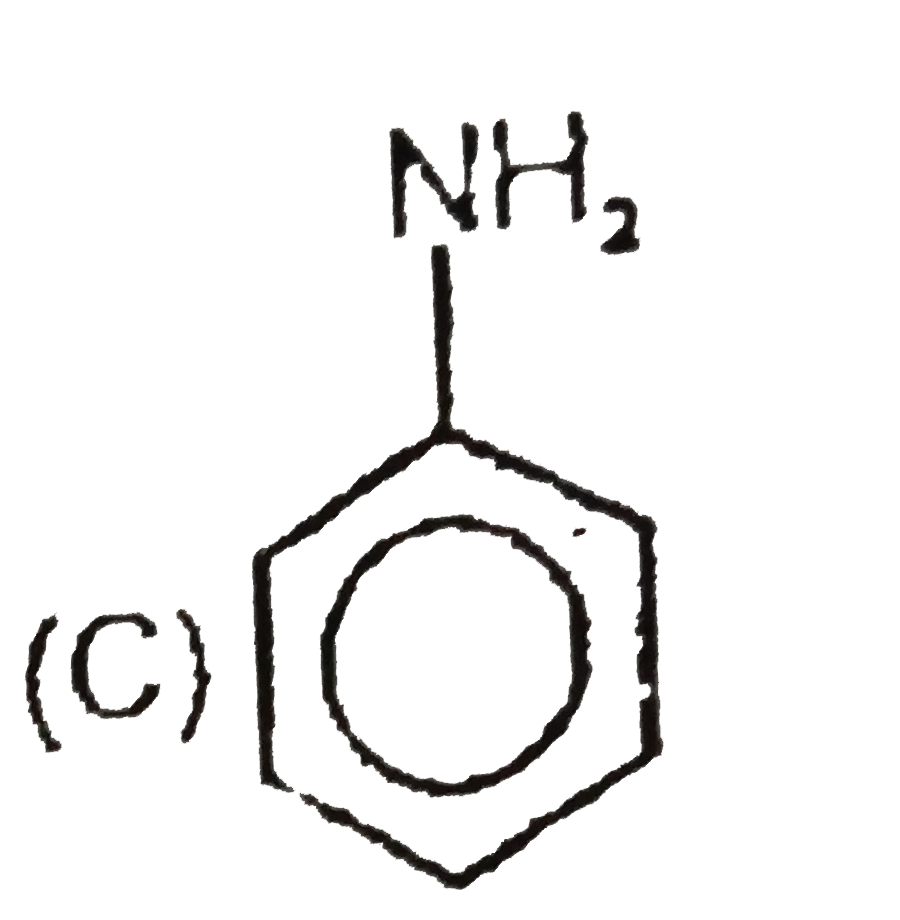 D
D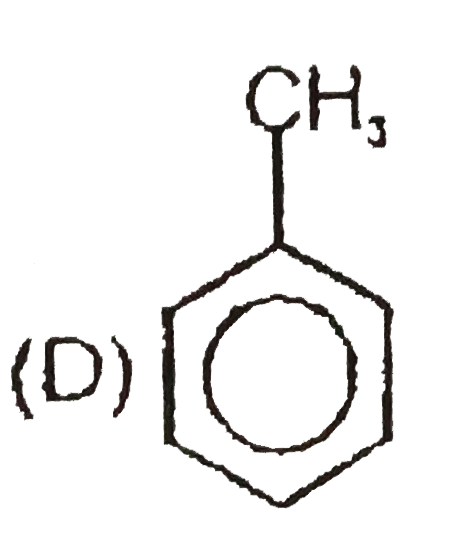
Benzene has six π electrons delocalized in sex p-orbitals that overlap above and below the plane of the ring. These loosely held π electrons make the benzene ring e− rich and so it reacts with electrophiles. Benzene follows huckel's rule so it is specially stable. Reactions that keep the aromatic ring intact are therefore favoured.
What acid chloride would be needed to prepare the following ketones from benzene using Friedel-Crafts acylation.
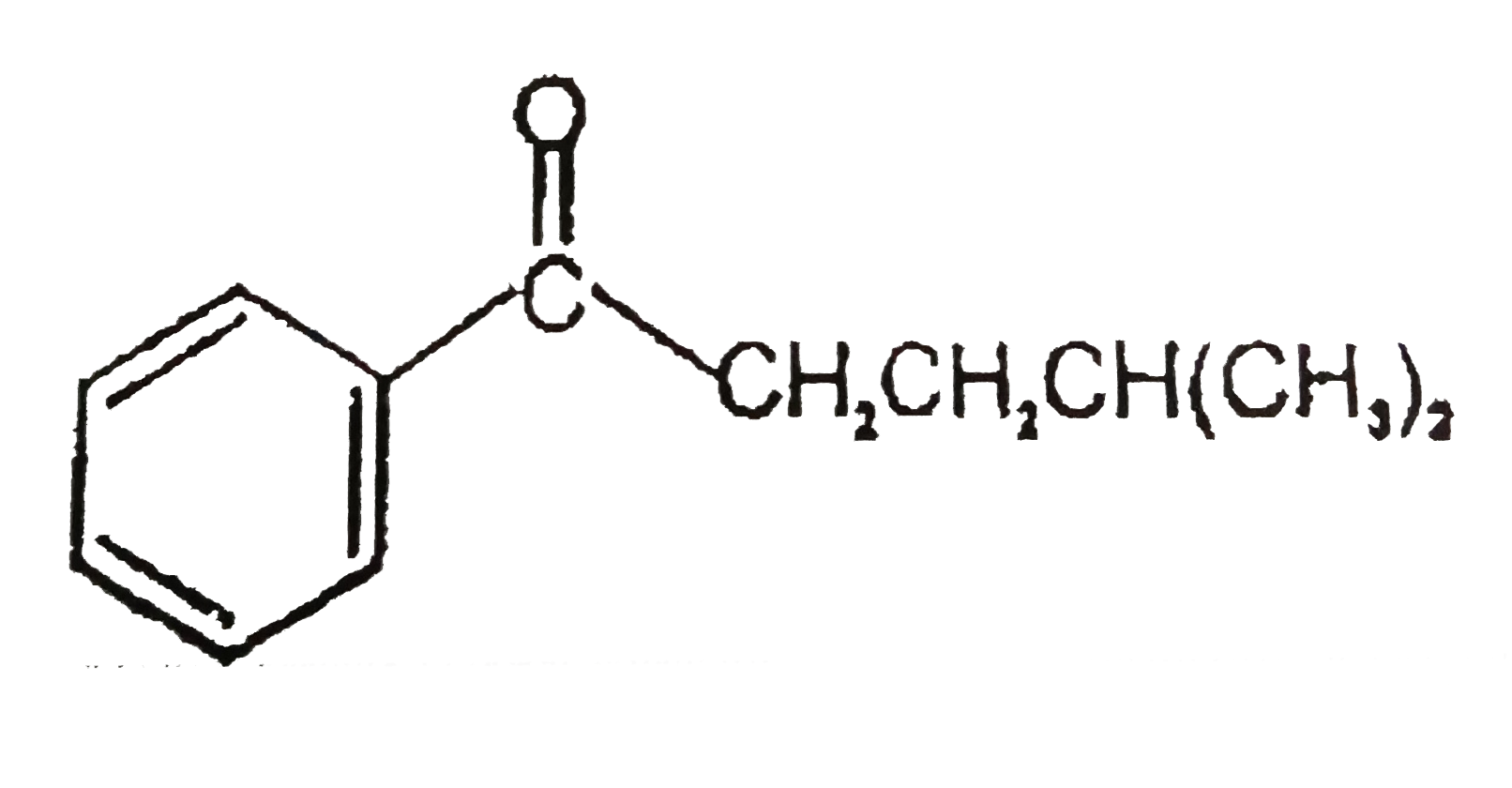 A
A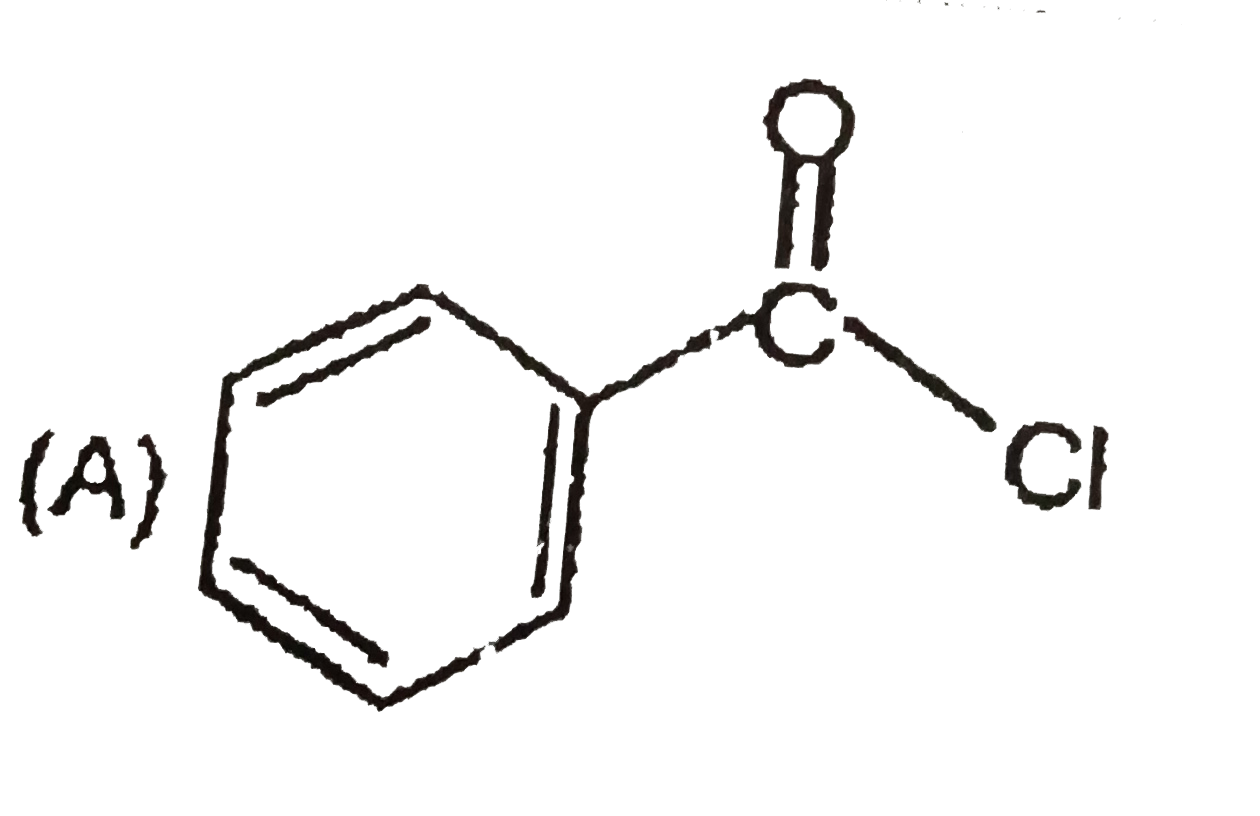 B(CH3)2−CH−CH2−CH2−O∣∣C−ClC(CH3)2CHCH2CH2−ClD
B(CH3)2−CH−CH2−CH2−O∣∣C−ClC(CH3)2CHCH2CH2−ClD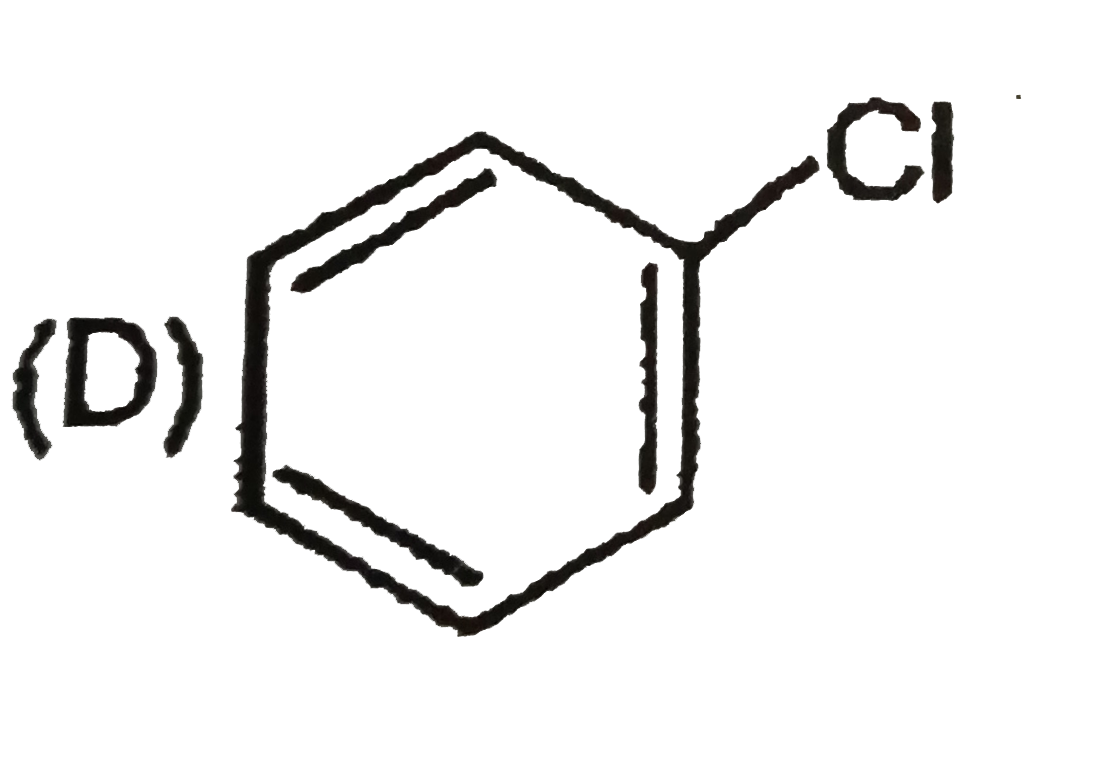
Which of the following substituents deactivates the benzene ring towards electrophilic substitution?
A−NHCH3B−OHC−OCH3D−COOCH3
Which of the following froups groups deactivates the benzene ring towards electrophilic substitution ?
View SolutionWhich of the following groups is o-p directing but deactivates benzene ring for electrophilic substitution?
View SolutionWhich of the following groups is o-p directing but deactivates benzene ring for electrophilic substitution?
View SolutionWhich of the following benzene ring has greater electron density than Toulene
View SolutionWhich of the following group(s) activate the benzene ring towards electrophilic substitution reaction.
View Solution
